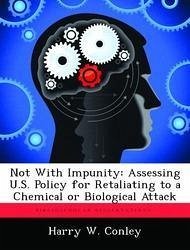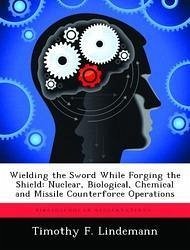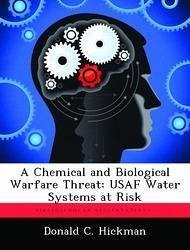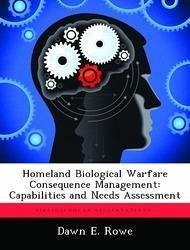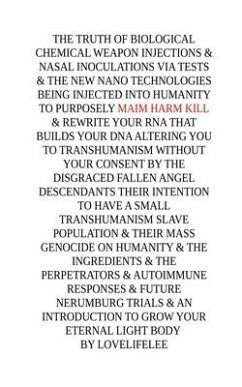Nicht lieferbar

Chemical and Biological Defense of Ports of Debarkation: What Actions Are Being Taken and How Effective Are They?
Versandkostenfrei!
Nicht lieferbar
Operation DESERT SHIELD displayed to the world what U.S. and allied forces could do given six months to flow combat power into ports unopposed. Recent studies commissioned by the Joint Staff concluded that the U.S. military will not have that luxury in the future. This conclusion compels the U.S. to reevaluate its airport and seaport of debarkation (APOD, SPOD) chemical and biological (CB) defense and consequence management strategy. Military analysts believe that a CB strike on the PODs will not rule out victory as long as the U.S. is willing to endure a prolonged conflict with significant ca...
Operation DESERT SHIELD displayed to the world what U.S. and allied forces could do given six months to flow combat power into ports unopposed. Recent studies commissioned by the Joint Staff concluded that the U.S. military will not have that luxury in the future. This conclusion compels the U.S. to reevaluate its airport and seaport of debarkation (APOD, SPOD) chemical and biological (CB) defense and consequence management strategy. Military analysts believe that a CB strike on the PODs will not rule out victory as long as the U.S. is willing to endure a prolonged conflict with significant casualties. This study explains the process needed to avoid paying this unnecessary price. An enemy CB attack on a POD during force projection presents a complex situation that demands significant advance preparation. The CB threat comes in many forms and the threat analysis process must be modified to identify each one. Only then can vulnerabilities be accurately assessed and mitigated. The current battlefield vulnerability assessment process, if applied to PODs, would result in a grossly inaccurate effect analysis. Defending against and recovering from a CB attack in the PODs are paramount for the preservation of U.S. strategy and the lives of U.S. service personnel.






